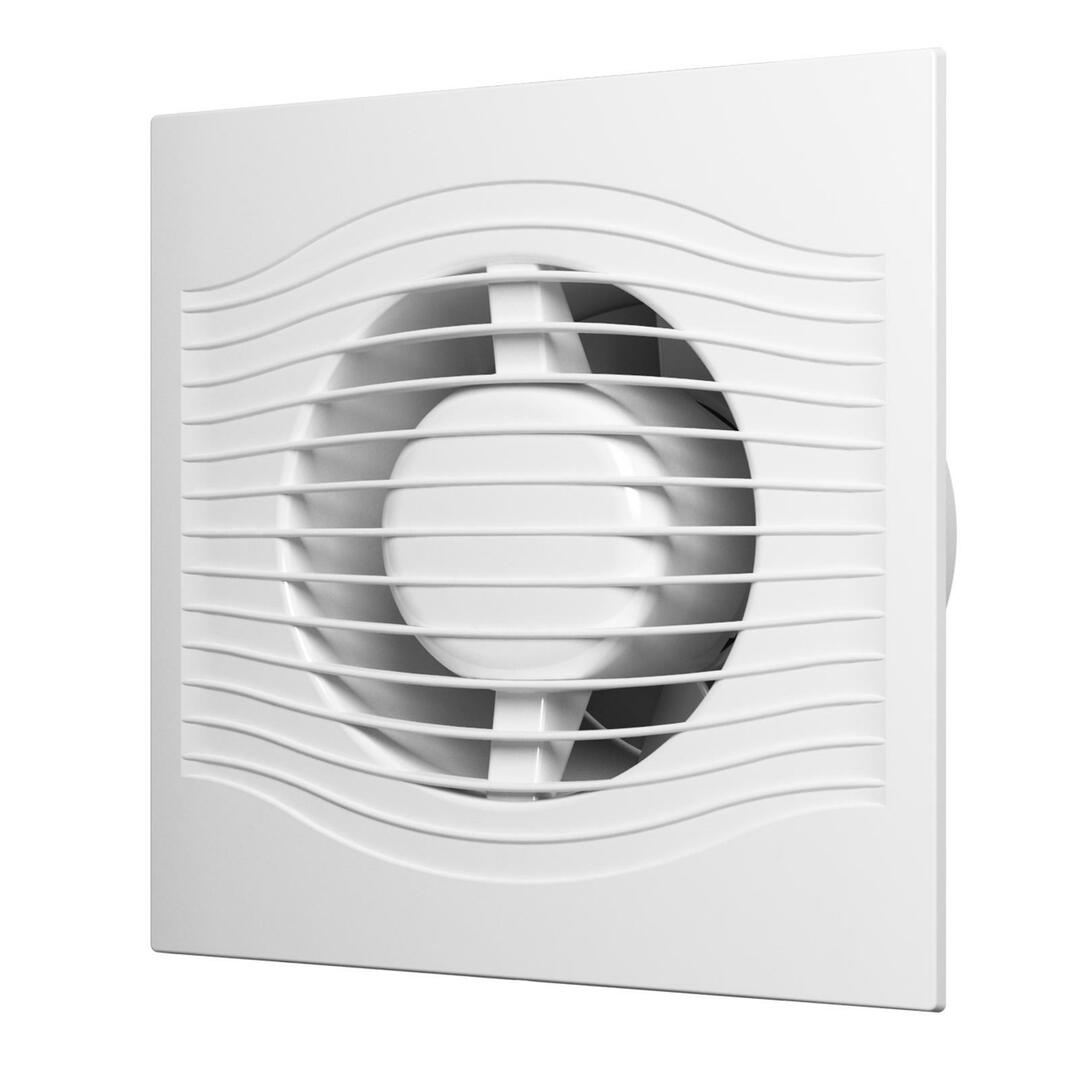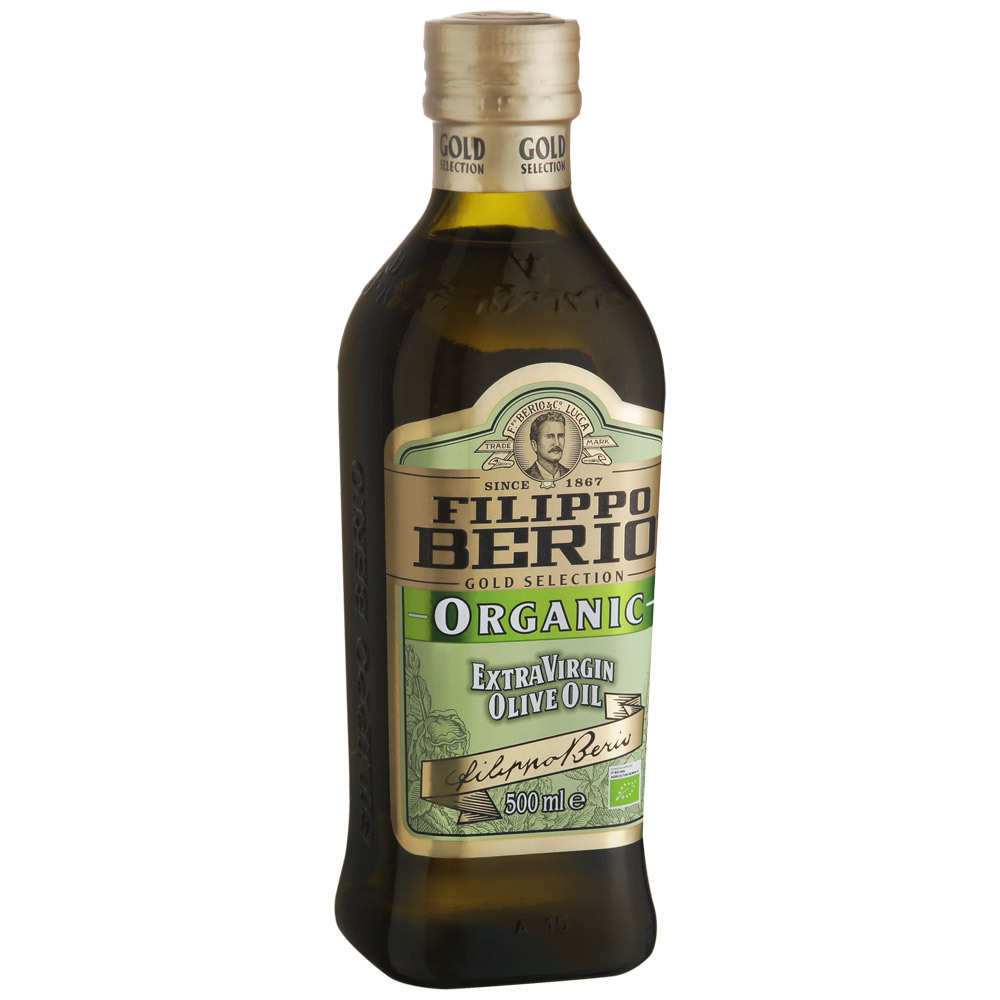What is a mosaic? Origin and types of art Decoration interiors - the theme of this study from HouseChief edition. The modern market offers a wide variety of materials facing and decorative trim all surfaces. And mosaic among them is the most advantageous way.

Read article
- 0.1 What is checkered
- 0.2 What is a mosaic: the origin and types of stories
- 0.3 Materials for various kinds of mosaic
- 0.3.1 Glass and smalt
- 0.3.2 Ceramics and metal
- 0.3.3 Natural and artificial stone
- 0.3.4 Other materials
- 0.4 The main methods of laying mosaic
- 0.4.1 Marquetry
- 0.4.2 tarsia
- 0.4.3 Inlay
- 0.4.4 block mosaic
- 0.5 The size and shape of the individual modules
- 1 Color palette
- 1.1 Advantages and disadvantages
- 1.2 Mosaic in the interior design of modern home
- 1.2.1 Panels in living rooms
- 1.2.2 Facing the kitchen and bathroom
What is checkered
Mosaic is called the art of making an ornament or a holistic picture of small-format pieces of hard materials. Translated from the Latin «musium» - a work dedicated to the Muses, and the Italian - built from parts.
The current mosaic art for many centuries has undergone a number of significant transformation and has become, in fact, the building trade. The modern decoration is mainly used ceramic tile different colors or patterns already suffered. Because of small dimensions of rings - Tesser, develops planned pattern or fantasy composition.
What is a mosaic: the origin and types of stories
Mosaic art originated more than 5 thousand years ago. The most ancient mosaic found during excavations of the Sumerian temples in the cultural layer 4 millennium BC.

The history of antiquity is characterized by a wide spread of mosaics in the decoration of religious buildings and houses nobles. At this time, there are technology colored glasses and tesselirovaniya (jokes) stone.

The flowering of art takes place in the Byzantine era. Using finer details and refined masonry with a gold background gives the product of the intrinsic refinement.

The Russian mosaic image came much later, in the tenth century, and just did not get much development due to lack of the necessary material. Start of production in color glazes Kiev marked the heyday of this area.

Materials for various kinds of mosaic
today's technology very different from primitive antiquity and allow you to create a wide range of materials for the mosaic coverings. Varieties such facings determined by the type of material and its quality characteristics.
Glass and smalt
Glass is the earliest finishing material. In our time is shown first on demand.

Preference is given to the Venetian glass with superior physical characteristics:
- durability;
- heat and frost resistance;
- impact resistance;
- water resistance;
- richness of color.
Smalt - is the same as glass, but with the addition of potassium salts, and certain organic compounds. Bright and totally opaque material obtained by secondary baking of glass with the addition of dyes. The resulting pieces have bright colors with a glossy and matt surface.

Ceramics and metal
Pottery also highly demanded material for decorative mosaic lining. for her work laying differ from conventional tiling only the size tesserae - constituting the mosaic picture.

However, when choosing a need to know that the more dense ceramic structure less subject to contamination and abrasion resistance. The porous material, despite the high decorative, more durable and less prone to wear.
Metal - a purely modern material for mosaic works. Its use in the design is usually justified by the general stylistic direction.

The individual modules are mounted on special rubber substrate, imparting flexibility and coverage allows you to decorate with mosaics any uneven surface. However, the metal most often used as an expressive accent and very rarely - for solid surfaces.
Natural and artificial stone
Natural stone - very expensive raw materials. Even cheap tuff, not to mention the marble, malachite, onyx and jasper, requires repeated crushing, grinding and giving Tessera desired shape.

This coating does not tolerate the action of acidic liquids - wine, juice, vinegar, and intensively used areas we recommend rubbing special wax compositions. Usually used in the creation of composite designs for flooring.
Porcelain tiles - building a new synthetic material with many advantages: the impact resistance and ease of styling, high resistance to damage.

Stoneware tiles characterized by a variety of textured coatings. This may be a glaze, relief, an imitation of antiquity, various inlays. It is used for decoration bathrooms, Household and work areas, external facades.
Other materials
Among other types of non-standard materials for mosaics can be identified plastic. Tesserae from this raw material are thin (4 mm) PVC plates with ceramic imitation tiles.

With its help it is easy to modify and update interiorWithout drawing a lot of money. A person even with minimal skills are not difficult to make a separate installation.
Gold and platinum - the most expensive materials used in mosaic panel.

This mosaic of items on the walls and in the clear blue of the pools.
The main methods of laying mosaic
Selecting the material for the mosaic, it is important to use the correct method of laying. There are four main installation options.
Marquetry
One of the easiest options for styling using prepared stencil. Matched tesserae are generally rectangular in shape and small size, glued on the side surfaces and fill the space pattern given color combinations.

Most often, the marquetry technique used for mosaics of glazes, but the composition and wood with bronze or copper inserts look very interesting.
tarsia
A more complex method for mounting a stacking module in the recess in advance of the cut contour. In this technique tesserae are selected with the maximum accuracy, glued together and then grinded or polished.

The basic material for mosaic is wood with inlays of stone, ivory, mother of pearl, bronze and brass.
Inlay
Very complex and time-consuming method of laying, rarely used nowadays. It is accomplished by tapping into the prepared surface modules of different materials.

Maximum attention is paid to the choice of materials. When the metal inlay to the dark background light inserts selected from silver, nickel silver, stainless steel and various alloys. Light background requires dark inserts made of copper, ferrous metal.
block mosaic
mosaic process of manufacturing this type of long enough, but not too complex. First, from the various modules of the base material are bonded blocks, which are then cut into small plates with uniform design. The items are inserted into the prepared recesses or simply mounted on the surface.

For units mainly used wood, but there are other options - bone, horn. The modern way of mechanical pressing to reduce the complexity of the process.
An example of a mosaic decoration in this small video:
The size and shape of the individual modules
Mosaic items are available in various shapes and sizes from 1 to 10 cm².

For individual work the authors themselves often made the necessary forms in order to avoid hollow gaps in the composite fabric.

The standard size of a matrix of 30 × 30 cm². It consists of 225 modules with dimensions of 2 × 2 cm².
When planning colors mosaic, it should be noted, first of all, general room style. There is a set of some of the traditional templates that simplify the choice of colors for any decor.
Neutral and universal colors are all shades of white and beige.

Mosaic ornament in cold tones very elegant and often used by designers to create a presentable interior.

According to psychologists, this range helps to relieve stress and relax. A person in such premises is especially needed rest and relaxation.
mosaic tiles colorful shades suitable for lovers of bright interiors.

This palette is versatile for combination with any base color.
Winning stylistic devices is the use of a gradient - a smooth game of shades of saturation.

Plain tiles in the mosaic set is good for lining of large areas, multi-colored variant is chosen to create kitchen apron, A panel at the bottom basin, Ornaments mini fountain.
Advantages and disadvantages
Recently, as a mosaic facing decor is widespread thanks to many advantages. Finishing materials are of high consumer demand, as they have these qualities:
- versatility and practicality;
- a huge variety of textures and colors;
- resistance to wet environment and high temperature;
- resistance to chemical cleaning agents;
- UV resistance.
The disadvantages of such coatings are the high cost and complexity of installation.
Mosaic in the interior design of modern home
More than just a veneer, but also beautiful decor, mosaic will be appropriate in any room. With this decorative techniques can be decorated with a city apartment, private house or office.
Panels in living rooms
Thanks to the eco-friendly materials, mosaic patterns organically fit into bedrooms and living rooms. And not only on the floors and walls. The texture of the material allows even convex surface finish.




Facing the kitchen and bathroom
For kitchen space optimally decorate mosaic work area, where she will be a bright accent or temper the intensity of the general background. Tint range should be selected under the general Interior Design. Materials should be preferred the most stable - smalt, ceramics, glass.



Bathroom the best solution is to use tiles of glass or glazes.



Mosaic, in comparison with any other finish, the design in any interior looks more interesting and significant. It emphasizes the use of well-being and the aesthetic taste of the house owners.
And how do you feel about the mosaic? Write about it in the comments!


